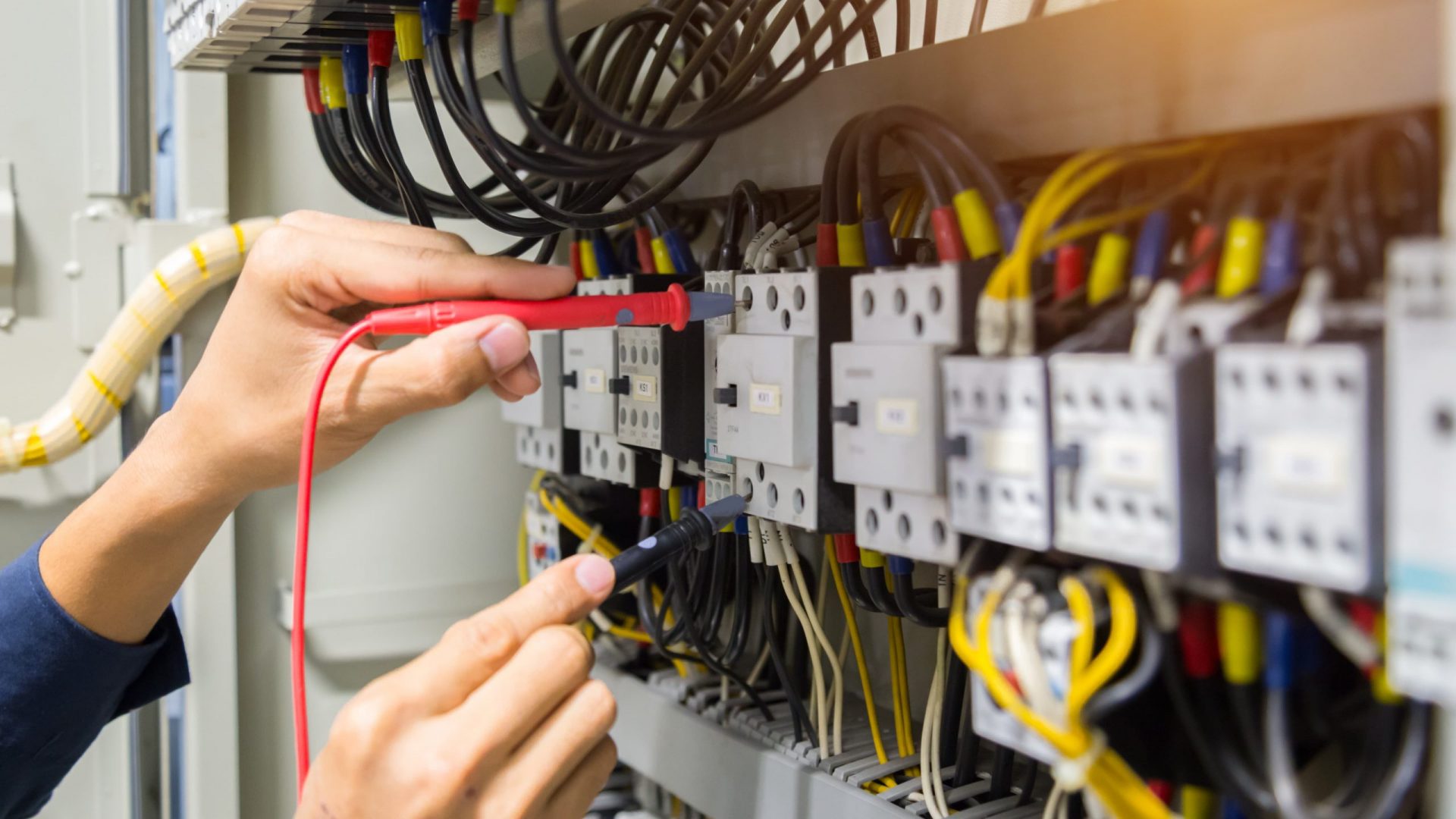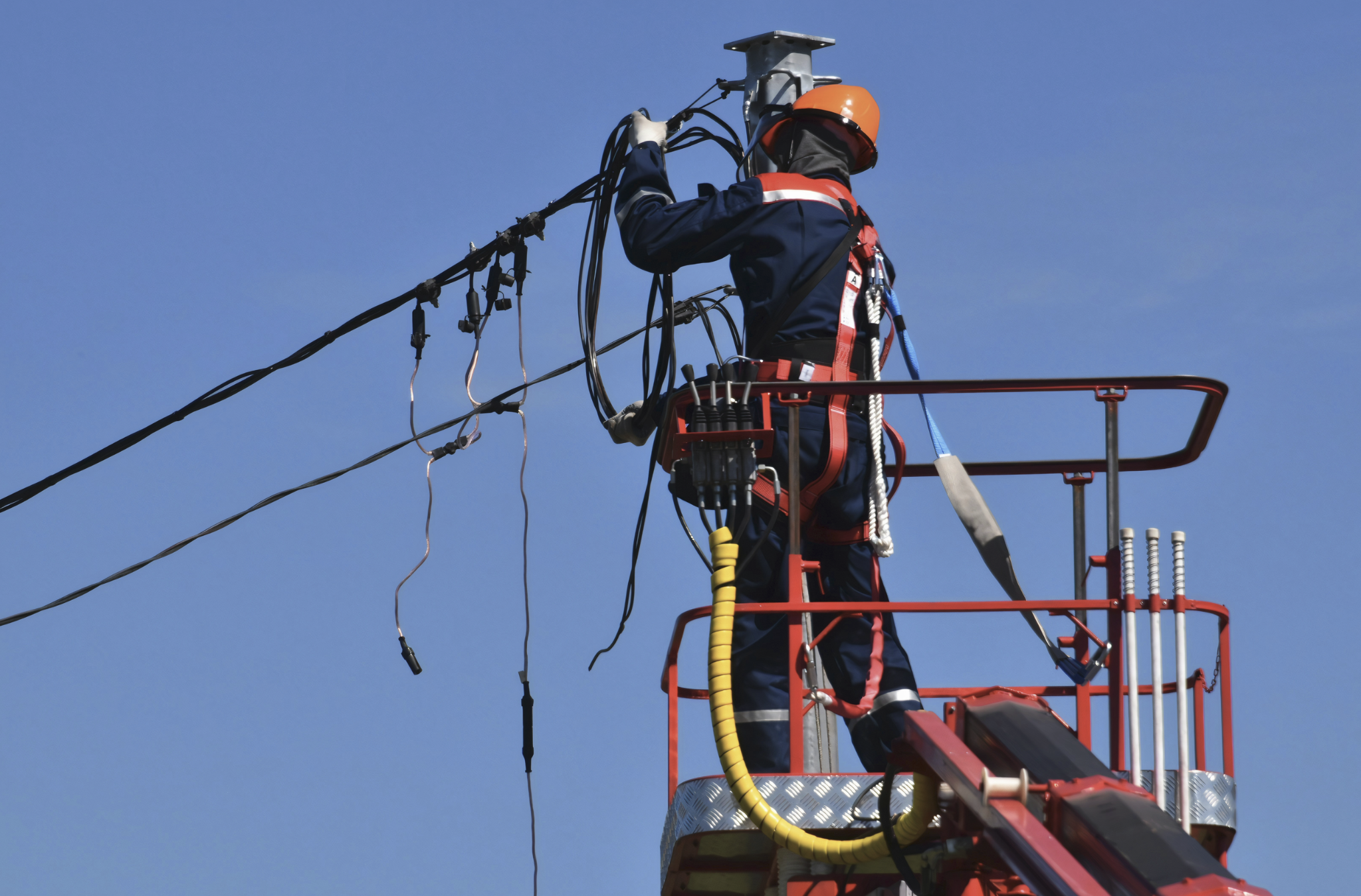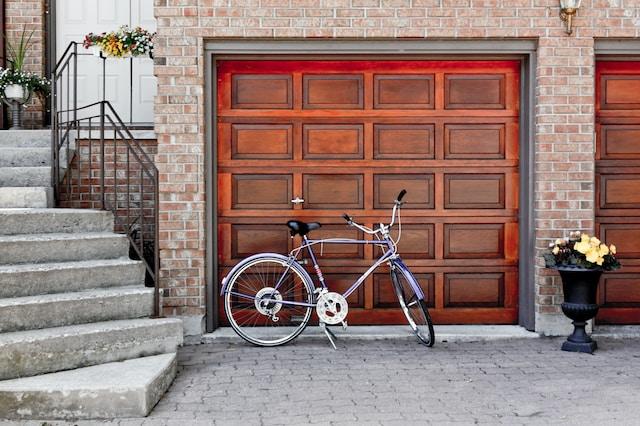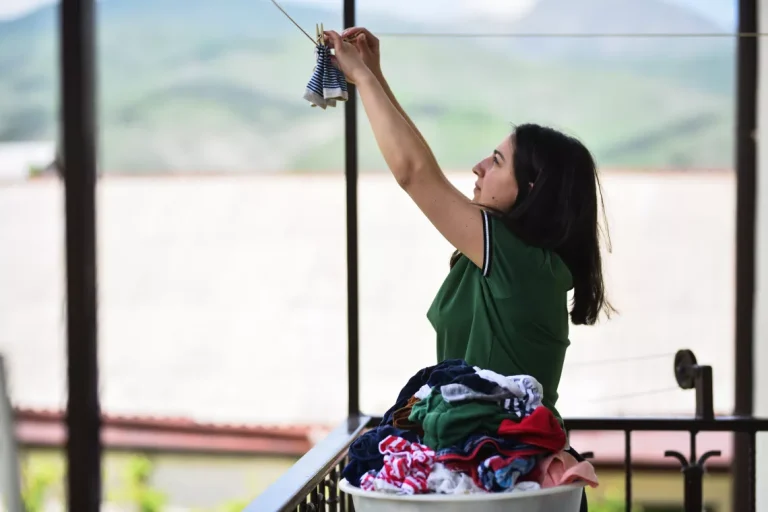Don’t It Yourself – Tackling Electrical Repair

Table of Contents
Tackling electrical repairs on your own is never a good idea unless you have been trained and have a sufficient amount of experience. Whether it’s a blown bulb or power shortage any urgent electrical repairs that need to be made in your home or commercial property should be carried out by a professional. Ok, changing a bulb is an easy job…
… but electricity is a powerful and potentially dangerous force that requires a certain level of expertise to work with safely. Attempting to carry out major electrical repairs on your own without the proper training and experience can pose a serious risk to your safety and that of others around you.
And electrical work must comply with specific regulations set by local and national authorities to ensure electrical systems are safe and functioning correctly. Professional electricians are trained to adhere to these codes and regulations and will ensure that all electrical work is completed in accordance with these standards.
It’s peace of mind.
Why It’s Tempting to Try Electrical Repairs Yourself
There could be a few reasons why people attempt to carry out electrical repairs on their own:
Lack of knowledge: Not everyone is aware of the risks associated with electrical work, or may not fully understand how electrical systems function. They may assume that the repairs are straightforward and can be easily carried out without professional help.
Cost-saving: Hiring a professional electrician can sometimes be expensive, and it’s tempting to carry out repairs to save money.
Convenience: Some people may not want to wait for a professional electrician to arrive and may attempt to carry out repairs on their own to avoid any delays.
These are tempting reasons, especially the last two.
However, attempting to carry out electrical repairs on your own without the proper training and experience can pose a serious risk to your safety and that of others around you. It is always best to put safety first and get a professional in. Use Google’s ‘electricians near me’ search to find professionals in your area.
What About ‘DIY-Friendly’ Repairs?
Realistically, waiting for an electrician to replace a bulb could see you in darkness for a while. But tasks like replacing a light switch or installing a new light fixture are examples of what is often considered “DIY-friendly.”
Of course, even these seemingly simple repairs can be dangerous if not done correctly. It’s important to take appropriate safety precautions and follow proper procedures to ensure that the work is done safely and effectively.
Here are some tips to keep in mind:
Before starting any electrical work, make sure to turn off the power to the area you’ll be working on. This can be done by switching off the circuit breaker or removing the fuse that controls the circuit.
Use the right tools: Make sure you have the right tools for the job and that they are in good condition. Using damaged or faulty tools can increase the risk of injury, not to mention frustration.
Check the wiring: Before replacing a light switch or fixture, make sure to check the wiring to ensure that it is in good condition and that there are no frayed wires or other issues. If there are obvious signs of damage, call a professional. Also make sure the wiring goes back the same way you removed it.
Follow the instructions: Make sure to carefully read and follow the manufacturer’s instructions for any electrical repair or installation.
If you’re not comfortable working with a repair, no matter how minor it may seem, don’t attempt a DIY repair. With electricity, it’s better to be safe than sorry.
And remember, any amateur repair could invalidate your home insurance.
The Biggest Risks
However, even these DIY-friendly repairs can carry some risks.
· The main risk is electrical shock, which can occur without proper safety precautions.
· Another risk is damage to existing circuitry – which can lead to damage or possibly fire.
It’s also why your fuse board should be kept in working order. If there is a problem – even if it’s not come from your DIY efforts – your fuse board is the safety barrier, cutting out any power before it can become dangerous. But your fuse board can’t stop everything.
Final Thoughts
Overall, it’s important to approach DIY electrical repairs with caution and to ensure that you have the proper tools, knowledge, and safety procedures in place. If you’re not comfortable or confident in your ability to safely complete a repair, it’s best to hire a licensed electrician to avoid the risks of injury or damage.







One Comment